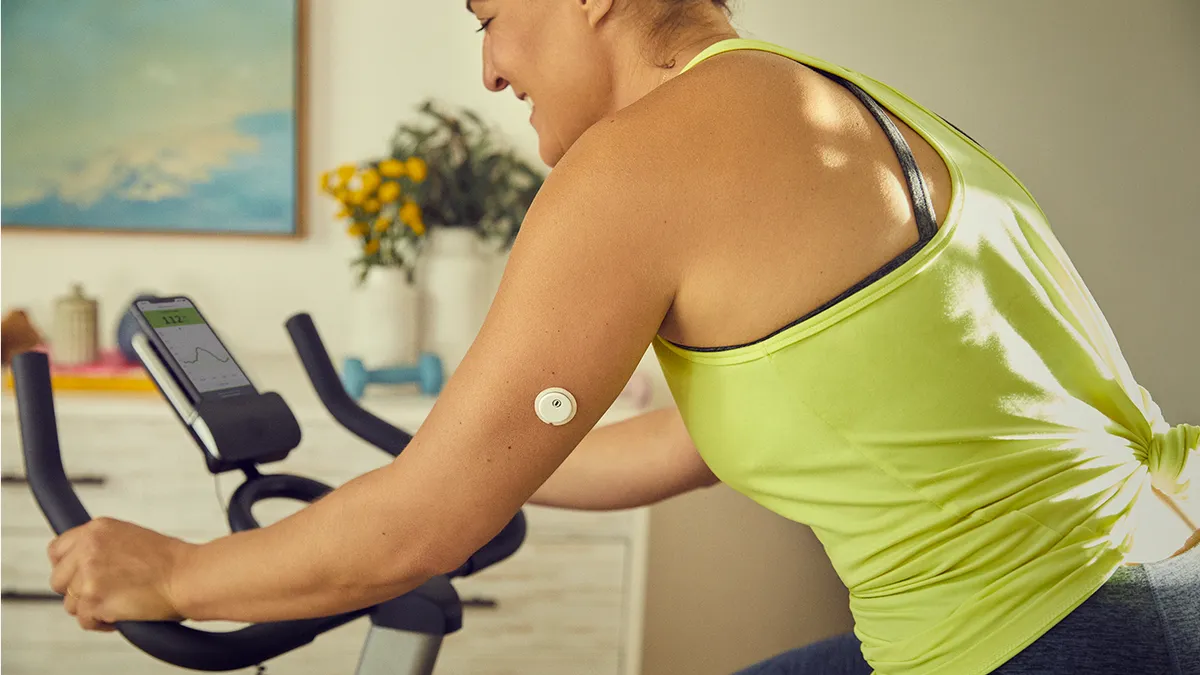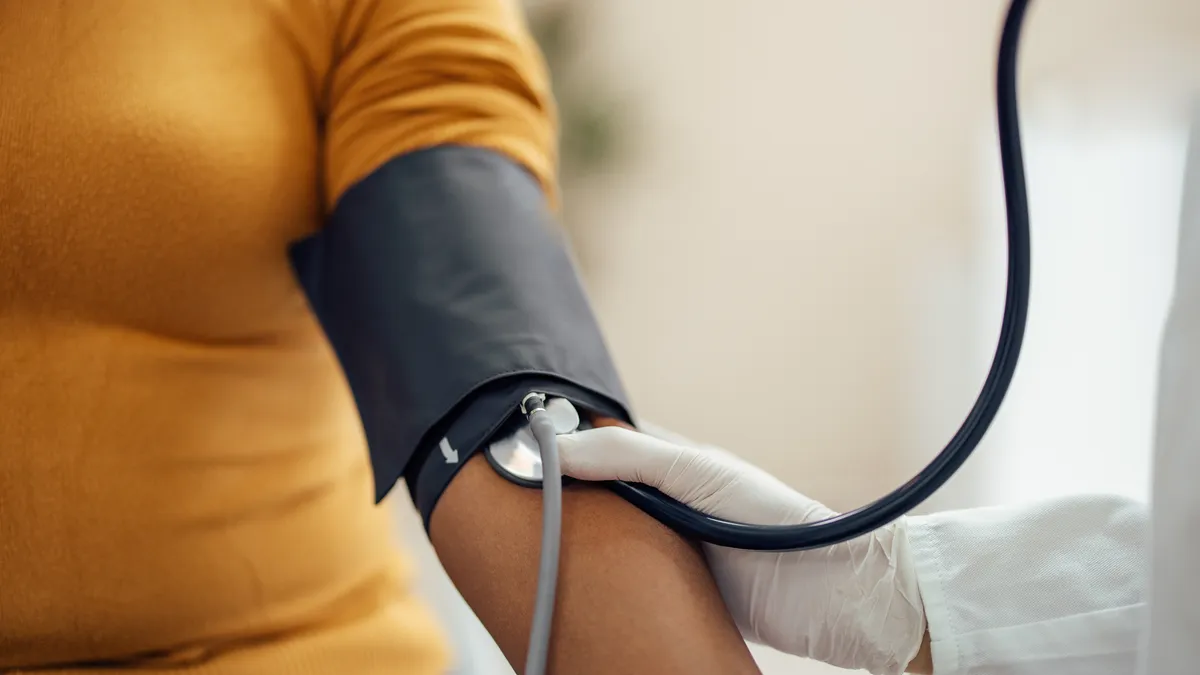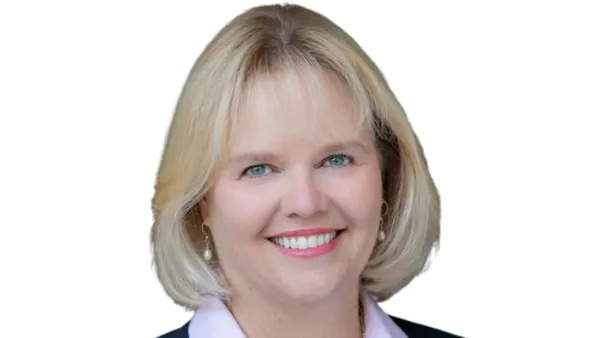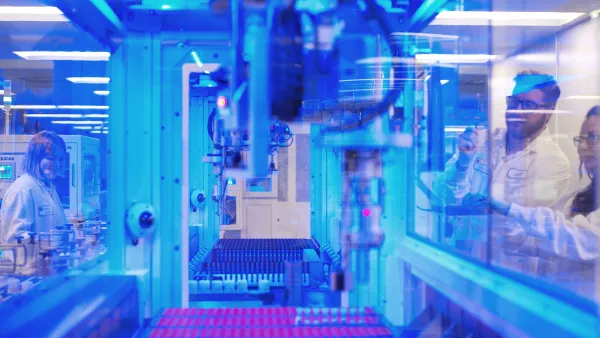Abbott Laboratories aims to grow its Freestyle Libre continuous glucose monitors into a $10 billion product over the next five years, CEO Robert Ford said on Tuesday at the J.P. Morgan Healthcare Conference.
Last year, the third iteration of the device was granted clearance by the U.S. Food and Drug Administration, giving Abbott a head start as it gears up for competition from other CGM makers, including Dexcom. In December, Dexcom received FDA clearance for its G7 CGM, its first product that combines a sensor and transmitter into one disposable device.
“It’s our third generation, one-piece disposable sensor. Our competitor is on their first generation. And I think that we've got a lot of opportunity here for growth,” Ford said.
"I've said this a couple times, that I think Libre will be a $10 billion product in the next five years. And that obviously implies roughly a 15% annual growth rate,” he added.
Abbott has the highest CGM revenue of any device maker, with about 4.5 million users for its CGMs, bringing in about $1,000 each annually in revenue. In 2021, the company’s diabetes segment brought in $4.33 billion. Dexcom reported $2.45 billion in sales and Medtronic reported $2.34 billion in CGM sales in the 2022 fiscal year that ended in April.
During the pandemic, Abbott’s diabetes business and at-home testing grew as revenue from other business lines fell due to hospital capacity constraints and recalls.
“Our institutional base businesses, our diagnostics, our device portfolios, those got more impacted but on the flip side, our consumer-facing business got actually accelerated, and that was able to kind of offset [that],” Ford said.
Abbott is looking to consumer-facing devices as part of its diabetes strategy going forward. Last year, the company announced plans to work on a wearable device that can monitor both glucose and ketone levels to help patients at risk of developing diabetic ketoacidosis, a complication most common among patients with Type 1 diabetes.
The company also plans to service more patients with Type 2 diabetes or who take only basal insulin, a long-acting form of insulin that’s usually injected once or twice daily. Abbott and other companies are closely following a proposal by the Centers for Medicare and Medicaid Services to cover CGMs for patients who only take basal insulin.
“It's a huge opportunity for the category to be able to show the benefits and expand its use to different patient segments, and the clinical data that we've been working on not only in the U.S., but also internationally, has shown those outcomes,” Ford said.
Finally, Abbott plans to expand Libre beyond diabetes, by building a platform around the technology. At the Consumer Electronics Show in Las Vegas last week, the company unveiled a line of sensors for general health and wellness based on its Libre technology. Called Lingo, the new devices are designed to adhere to the upper arm, measuring glucose, ketones and lactate to start. Abbott expects to launch the first iteration of the device in Europe in the first half of this year.
“We're really excited about what we're going to do with that. It's a whole different go-to-market strategy,” Ford said. “Libre has been an incredible growth driver and quite frankly, it's been an eye-opener for us in terms of what we can actually do when we address costs through our manufacturing technology, through designing cost into the product and the opportunities that we have to be able to really broaden access to healthcare.”













